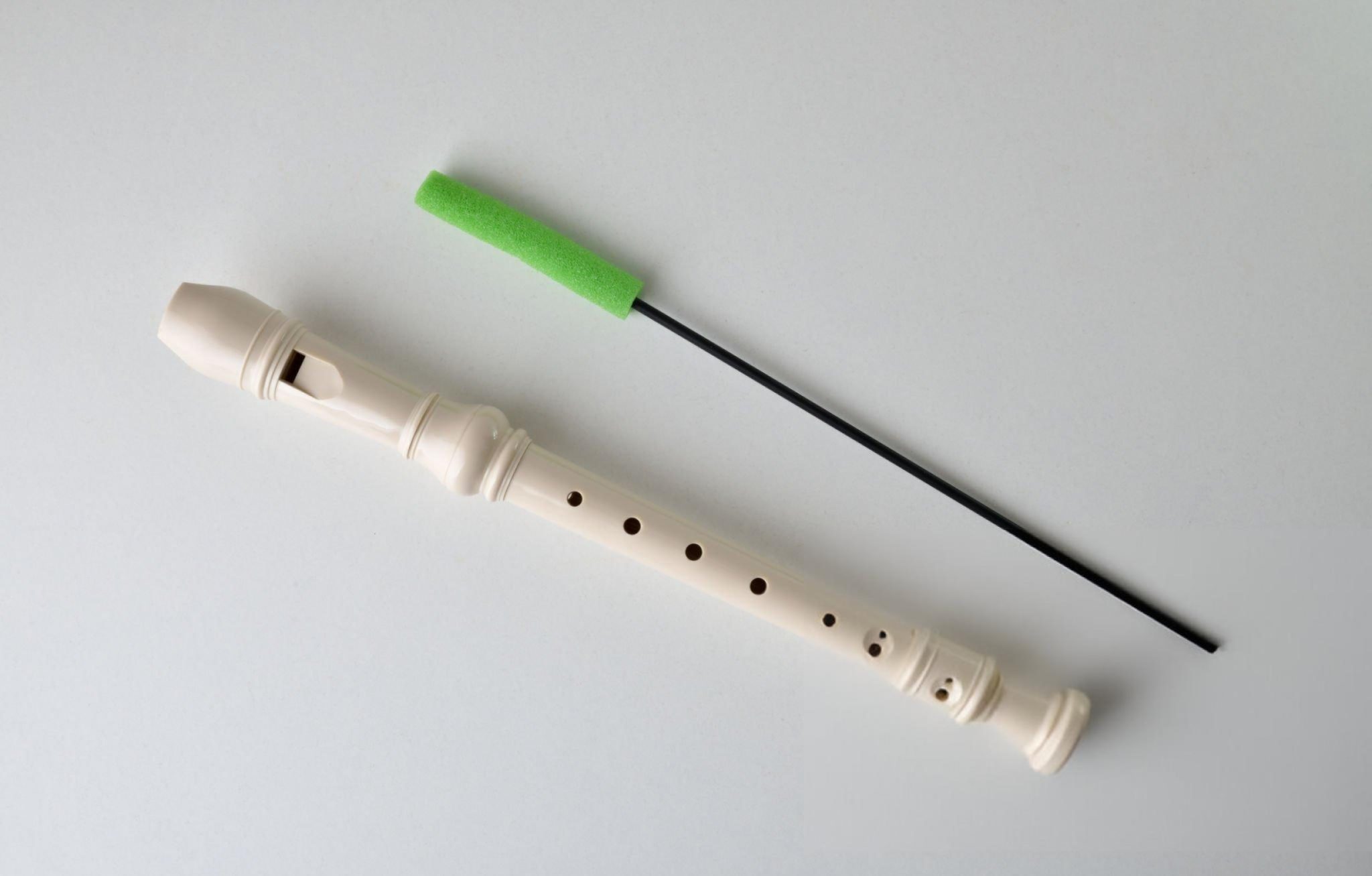Only around one in six children in the UK are learning the recorder today, following a significant decline in the instrument’s popularity over the past ten years, a new report by the ABRSM reveals.
The research, conducted by the Associated Board of the Royal Schools of Music, suggests that just 16% of children aged 5 to 17 reported playing the recorder in 2024 – a sharp drop from the 28% recorded in 2014.
Despite the decline, the report offers a more optimistic outlook on broader music education trends. It notes that the variety of instruments now being taught has increased, with more pupils exploring musical options beyond the traditional school staples.
“Instrument choice and the range of instruments taught by music teachers is widening, reflecting both a shift in learner tastes and the need for music teachers to respond to this,” the report states.
The piano and keyboard continue to dominate as the most popular instruments among children. However, there has been notable growth in interest in instruments such as the electric guitar, drums, violin, flute, and ukulele. In particular, electric guitar playing has risen from 13% to 17% since 2014, while flute participation has more than doubled from 7% to 15% in the same period.
The report’s findings are based on a survey of over 1,000 children and compare results with previous studies undertaken by the ABRSM.
A significant finding from the study highlights that the recorder is now among the instruments most commonly given up. Approximately 11% of children reported having previously played the recorder but no longer do. In comparison, 16% said the same for the piano, and 13% for the keyboard.
ABRSM chief executive Chris Cobb noted the impact of classroom environments on instrument choice: “Children get to play an instrument for the first time in large classes. The recorder has been great for that, but schools are now looking at other instruments that can be used – the ukulele and acoustic guitar among them. Singing is also a key part of whole-class music-making.”
He added: “The mental health benefits of music are hugely important at a time when mental illness is so rife, but there are so many other benefits too.”
The research also sheds light on the concerning trend of children disengaging from music as they progress through their education. Cobb explained, “The tragedy is that the same research shows how young people disengage from music learning, both when they shift to secondary school and when they start GCSEs.”
Experts suggest that changes in school policy, limited access to instrumental lessons, and competing academic pressures could all be contributing factors to the drop-off in music participation during these transitional educational stages.
“The challenge facing us all is how we can support schools and the communities around them to help young people continue experiencing the benefits of music,” Cobb emphasised.
While the recorder may be fading from the spotlight, the ABRSM report points to a dynamic and evolving music education landscape—one in which children are increasingly drawn to a diverse array of instruments, shaping a new sound for the next generation.
As music educators continue to adapt, the focus remains on nurturing creativity and ensuring all young people can access the cognitive, emotional, and social benefits that come with making music.
Would you like a quote or comment added from a music teacher or student for further depth?






